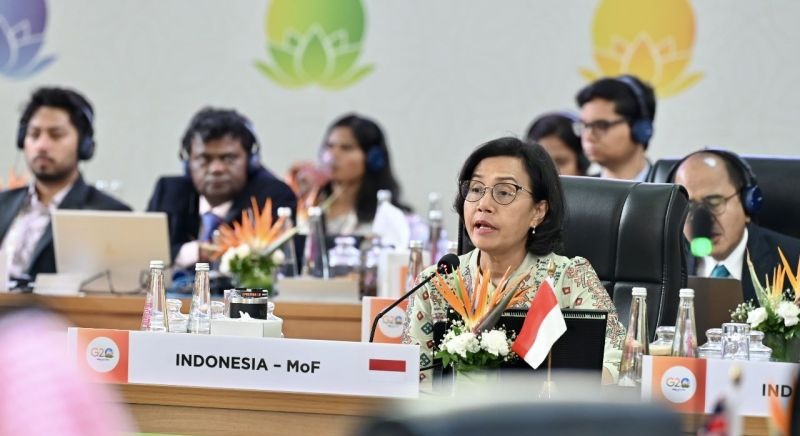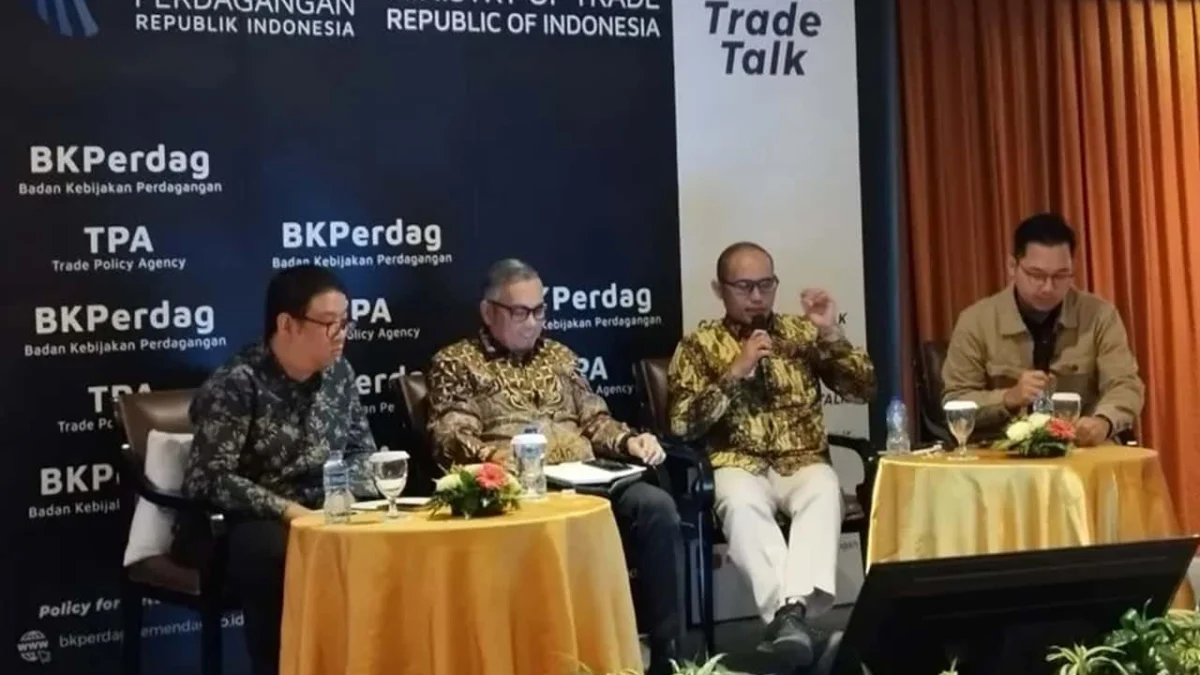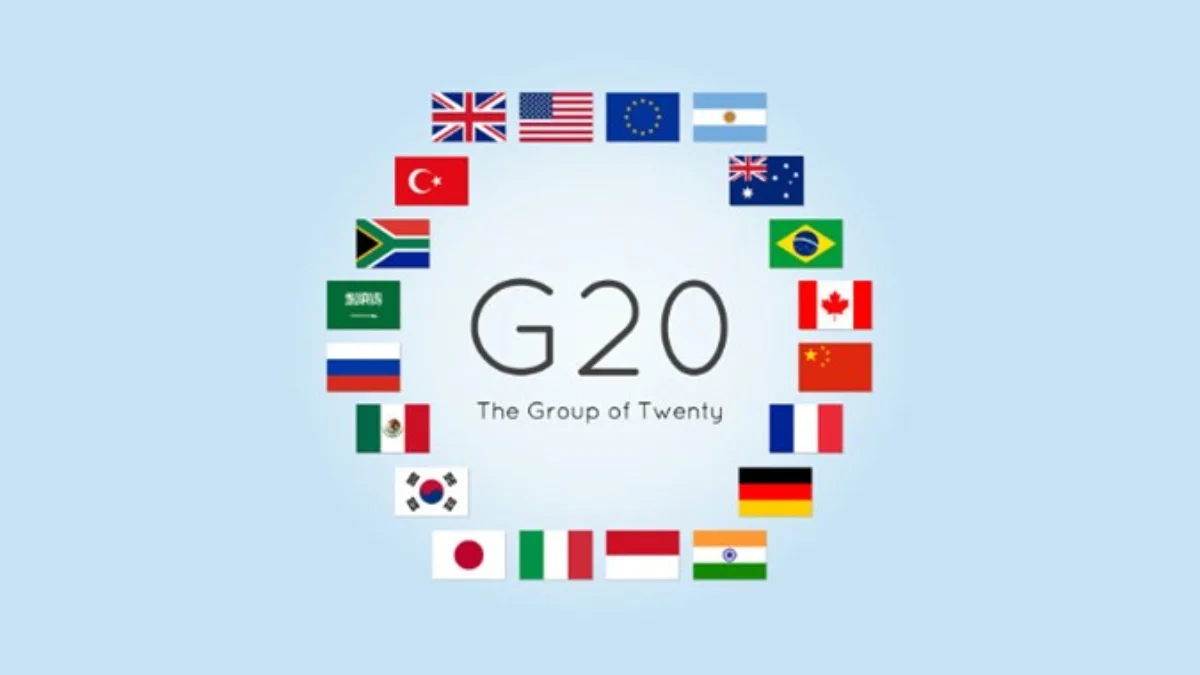JABAR EKSPRES – Indonesia conveyed encouragement to jointly address global challenges to G20 countries in the 3rd ASEAN Finance and Central Bank Deputies Meeting-Working Group (AFCDM-WG) under the Indian Presidency.
The issues include sustainable finance and infrastructure, global economy and health, international financial architecture, international taxation, and financial sector and financial inclusion.
“In the sustainable finance and infrastructure agenda, there are various important factors in achieving common goals in achieving sustainable development goals and the common climate agenda,” Indonesian Finance Minister Sri Mulyani said in an official statement in Jakarta, Wednesday (7/19).
These factors include transition finance; blended finance schemes; comprehensive policies from the fiscal, real sector, macro, and microprudential sides; and classification of green transition activities.
Read more: US Soldiers Cross Border into North Korean Territory Without Authorization
To achieve these goals, the Minister encouraged global collaboration and international efforts to keep countries on track in achieving climate and sustainable development targets together.
Regarding infrastructure, Sri Mulyani continued, Indonesia supports the G20 principles in future city financing as a voluntary and non-binding reference in accelerating sustainable infrastructure development to achieve inclusive, resilient, and sustainable cities.
On global health issues, the Minister encouraged G20 countries to continue to maintain collaboration between the Minister of Finance and the Minister of Health for pandemic preparedness and response.
Sri Mulyani said Indonesia welcomes the completion of the call for proposals by the Pandemic Fund and looks forward to the first round of funding which will be phased in over several months.
“However, the current mobilization of the Pandemic Fund has only reached $1.7 billion, still far from the $10.5 billion needed,” she said.
Currently, the World Health Organization (WHO) is developing a Framework of Economic Vulnerabilities and Risks (FEVR) in consultation with the World Bank, the European Investment Bank, and the International Monetary Fund.
On the international financial architecture agenda, Indonesia encouraged the implementation of the Capital Adequacy Framework roadmap of the Multilateral Development Bank.







